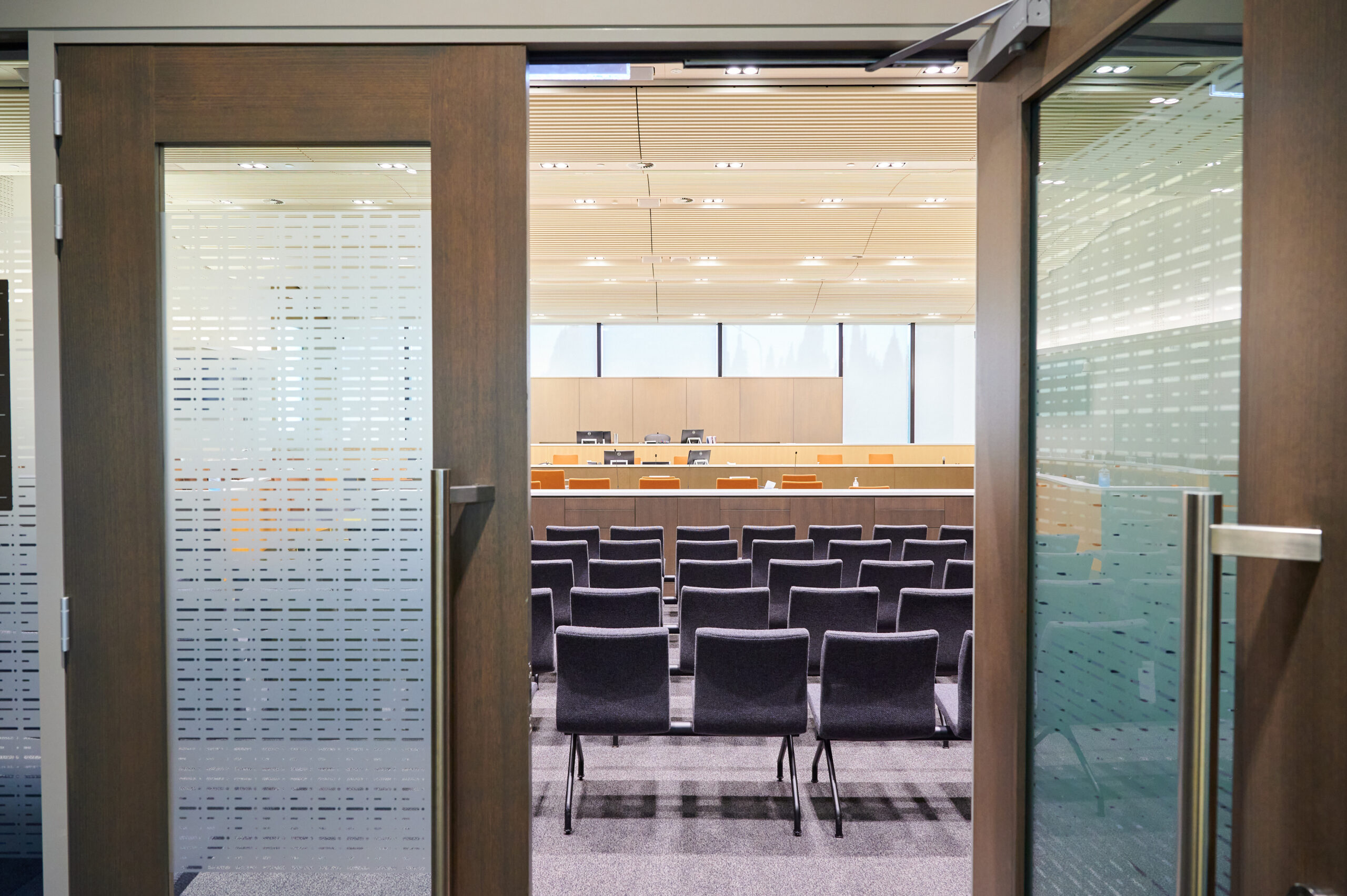Newsletter & Updates
Read the latest news and updates from the NJCA…
Latest News
Forthcoming Programs
Program Calendar
Resources
Resources you may find of use, including papers, newsletters and other reference documents…
Testimonials

“This was a great program, informative, interesting and the program design permitted greater involvement and interaction between participants and presenters.”

“The best professional development I have attended in my career – of huge importance to me, both professionally and personally.”

“Should be required learning for all judicial officers. Could not speak more highly of how useful it was.”

“It was a really good conference. Thank you for all of your work in putting it together. A diverse range of speakers providing valuable insights into their work and areas of expertise. Also, having lived experience represented was great. Venue, catering etc all very good. I’m also really pleased the conference was recorded as I’m looking forward to re-watching a number of the sessions.”

“An excellent conference with a high calibre of presenters and participants. The conference was very professionally organised.”

“Excellent program! All presenters were well experienced, knowledgeable, informed, and engaging. Enjoyed the entire program!”












